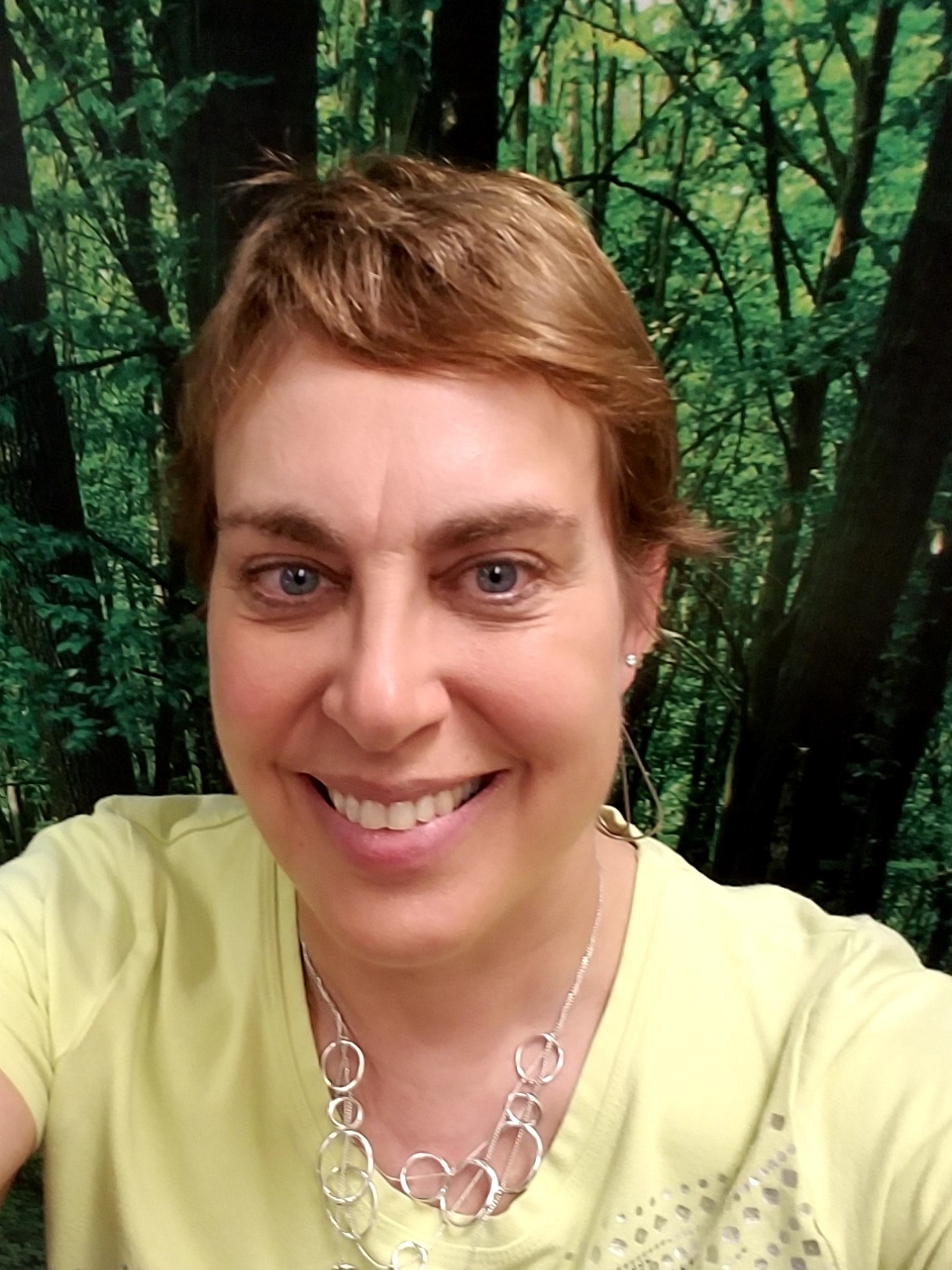This is the fourth in a series of posts about the books and articles that have had a strong impact on me as I seek to become a better ally and a better friend. I’m writing them as my capstone project for my BUILD Diversity Certificate. These thoughts are mine alone and do not necessarily reflect the views of the DePaul Women’s Network, which is graciously allowing me to share them here, or of DePaul University. I welcome your comments to me at kris.gallagher@depaul.edu.We Gon’ Be Alright: Notes on Race and ResegregationBy Jeff Chang
I picked up this book after hearing the author, noted journalist Jeff Chang, speak at DePaul as part of the President’s Series on Diversity. Every one of his essays blew me away, but none more so than his on-the-ground reporting after the killing of Michael Brown in Ferguson, Mo.
These were stories that I never heard through the traditional media. Police officers were encouraging their dogs to urinate on the impromptu memorial to Brown. Police tear-gassed people who were standing on their own front lawns not far from where Brown was shot. Officers were equipped with military-grade equipment and just aching for an excuse to use it on somebody. This police department was primarily funded by writing tickets to pedestrians at a rate of three times a week PER RESIDENT. I don’t know what Brown was thinking, but if he lived in a community where he was ticketed multiple times a week for jaywalking, why would anyone expect him to respond respectfully to the police?
I earned my undergraduate degree in journalism and worked in the field for a time. I know that reporting can be flawed and biased, both by the reporter and by the editors, producers and publishers that release the final version. Yet, as a white person, I still feel blindsided by the depth of the deception. Until recently, stories in the press rarely questioned the behavior of officers. Now there is an avalanche of stories about corrupt cops who preyed on the communities they were supposed to protect for decades. In news stories, people who were arrested or shot were described by their alleged behavior—for example, a suspected gang member—and by their past interactions with the law. Stories NEVER described the civilians as people with families, as employees, as people who had turned their lives around. They never specified that the arresting officer had a history of civilian complaints. It took the horrifying videos I have seen on social media to open my eyes to the truth that people of color have lived with for generations.
Having once been a police supporter, I’ve now swung to the opposite extreme, looking at every officer with suspicion. That’s not right, either. Many officers work hard to be fair under circumstances that I can’t fathom. I’m saddened by the death of Commander Paul Bauer, an influential proponent of community policing in Chicago, which builds respect and understanding. Such respect was sorely lacking in Ferguson. There is no excuse for urging your dog to urinate on the place a person died. Everyone’s humanity was lost.
One of the hard parts about trying to become “woke” is the ongoing stream of gut-punches that illustrate just how asleep I have been. This book delivered several, along with essays that left me puzzling over how the world really is. It’s good that I’m looking at the news and at the things around me more critically. Critical thinking—that’s at the core of a liberal studies education, right? If I’m going to work at DePaul, I have to do it. I’ll be reading more of Chang’s books.
Kris Gallagher is a member of the DePaul Women’s Network marketing and communications team, and an associate editor in the Office of Advancement at DePaul University.